Breaking News


Popular News

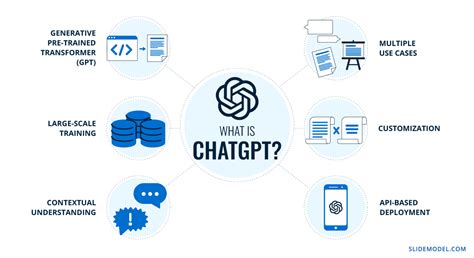
Explore real-world use cases of ChatGPT API, including customer support automation, content generation, personalized recommendations, language translation, and chatbot development.Are you looking for innovative ways to enhance your customer support, marketing strategies, or language translation services? Look no further than the ChatGPT API. In this blog post, we will explore the diverse applications of the ChatGPT API and the real-world examples of its successful implementation. From revolutionizing customer support automation to creating personalized recommendations and developing interactive chatbots, the ChatGPT API offers endless possibilities for businesses and individuals alike. Whether you’re looking to streamline your content generation for marketing or seeking language translation assistance, this blog post will provide you with insights and use cases that demonstrate the practical benefits of integrating the ChatGPT API into various industries and functionalities. Join us as we delve into the world of ChatGPT API and discover how it can transform your business operations.
Contents
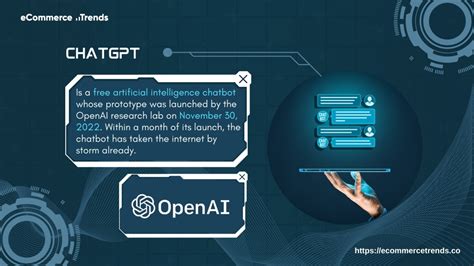
The ChatGPT API is a powerful tool that allows developers to integrate OpenAI’s GPT-3 language model into their own applications. This API provides a wide range of functionalities, from generating human-like text to providing personalized responses based on user input. By leveraging the ChatGPT API, developers can create interactive chatbots that can hold natural conversations with users, assist in language translation, and provide automated customer support.
One of the primary advantages of using the ChatGPT API is its ability to understand and respond to natural language input. This means that developers can build chatbots and other applications that can comprehend and generate human-like responses, leading to a more engaging user experience. Additionally, the API can be used to generate content for marketing purposes, such as coming up with product descriptions or social media posts.
In addition to text generation and conversation capabilities, the ChatGPT API can also assist in providing personalized recommendations to users. By analyzing user input and behavior, developers can create applications that offer tailored suggestions for products, content, or services based on individual preferences. This level of personalization can greatly enhance the user experience and drive customer engagement.
| Key Features of ChatGPT API |
|---|
| 1. Natural language understanding and generation |
| 2. Personalized recommendation capabilities |
| 3. Conversational chatbot development |
| 4. Content generation for marketing purposes |
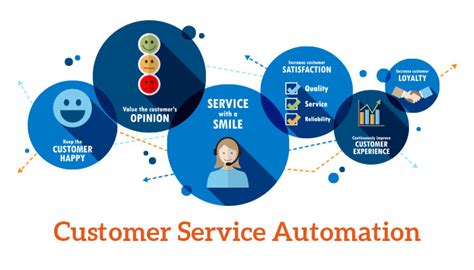
Customer support automation is a crucial part of modern business operations, allowing companies to efficiently handle customer inquiries and provide timely assistance. With the use of ChatGPT API, businesses can automate their customer support processes, reducing response times and improving overall customer satisfaction.
One example of customer support automation using ChatGPT API is the implementation of a chatbot on a company’s website. This chatbot can be programmed to understand and respond to common customer queries, providing immediate assistance and freeing up human agents to focus on more complex issues.
Additionally, customer support automation with ChatGPT API enables businesses to offer 24/7 support, as the chatbot can be configured to handle inquiries even outside of regular business hours. This ensures that customers always have access to assistance, leading to higher levels of customer retention and loyalty.
By leveraging the capabilities of ChatGPT API for customer support automation, businesses can streamline their operations, improve customer experiences, and ultimately drive better business outcomes.
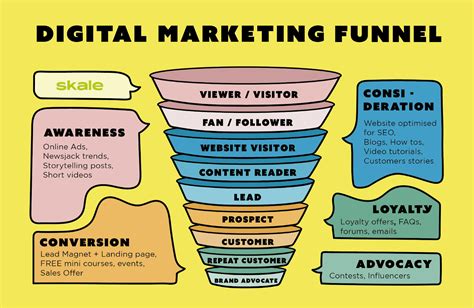
Content generation for marketing is a crucial aspect of any successful marketing strategy. With the rise of digital marketing, businesses need to produce high-quality and engaging content to attract and retain customers. Whether it’s blog posts, social media updates, or email newsletters, the demand for relevant and valuable content is ever-increasing.
One way to address this demand is to use AI-powered content generation tools that can help marketers create compelling and personalized content at scale. These tools can analyze data, trends, and customer preferences to generate content that resonates with the target audience.
Another use case for content generation in marketing is creating product descriptions, ad copy, and landing page content. AI can help marketers optimize their content for search engines and improve conversion rates by tailoring the messaging to the needs and interests of potential customers.
Lastly, AI-powered content generation can also assist in creating visually appealing content such as infographics, videos, and interactive media. By leveraging AI, marketers can produce multimedia content that captures the audience’s attention and drives engagement.
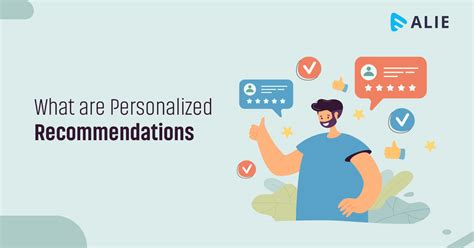
Personalized recommendations are a crucial part of the user experience in today’s digital world. When it comes to e-commerce platforms, streaming services, and online content providers, personalization is key to keeping users engaged and satisfied. By leveraging user data and behavior, personalized recommendation systems can offer tailored suggestions that are more likely to resonate with each individual.
For example, Amazon’s recommendation engine takes into account a user’s purchase history, browsing patterns, and items added to their wishlist to provide product recommendations that are highly relevant to their interests. This not only enhances the shopping experience for the user, but also increases the likelihood of making a purchase, thereby boosting revenue for the company.
Similarly, streaming services like Netflix utilize personalized recommendations to suggest movies and TV shows based on a user’s viewing history and ratings. This level of personalization keeps users engaged and encourages them to continue using the platform, leading to increased subscription retention and customer satisfaction.
In essence, personalized recommendations are a powerful tool for businesses to enhance user experience, drive engagement, and ultimately improve customer satisfaction and loyalty.
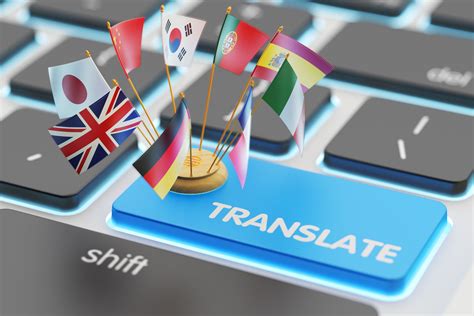
Language translation assistance has become essential in today’s globalized world, where businesses and individuals often need to communicate across language barriers. Thanks to advancements in technology, there are now powerful translation APIs available that can help with accurate and efficient language translation. One such API is ChatGPT, which offers real-time language translation assistance for various use cases.
With the ChatGPT API, businesses can easily integrate language translation capabilities into their customer support systems, allowing them to communicate with customers in their preferred language. This enables customer support automation while ensuring that language barriers do not hinder effective communication.
Moreover, the ChatGPT API can be used for content generation for marketing purposes, as it allows businesses to produce multilingual marketing materials, ensuring that their message reaches a wider audience.
Additionally, the ChatGPT API can provide personalized recommendations based on the translated content, enabling businesses to tailor their offerings to suit the needs and preferences of diverse language-speaking audiences.
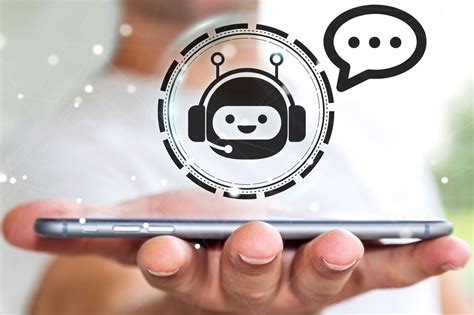
Interactive chatbot development has become a popular trend in the field of artificial intelligence. The use of interactive chatbots can be seen in various industries, such as customer service, healthcare, e-commerce, and more. These chatbots are designed to engage with users in a conversation-like manner, providing assistance, answering queries, and even simulating human-like interactions.
One key use case for interactive chatbot development is in customer support. Businesses can integrate interactive chatbots into their websites or messaging platforms to provide instant support to their customers. These chatbots can handle common queries, guide customers through troubleshooting processes, and even escalate complex issues to human agents if necessary.
Another use case for interactive chatbot development is in the education sector. Interactive chatbots can be designed to act as virtual tutors, providing personalized learning experiences for students. These chatbots can adapt to each student’s learning pace and style, delivering content in an interactive and engaging manner.
Moreover, interactive chatbots are also being used in the healthcare industry to provide support and information to patients. These chatbots can offer guidance on symptoms, provide self-care tips, and even schedule appointments with healthcare professionals. With the advancement of natural language processing and machine learning, interactive chatbot development is expected to continue making significant advancements in various domains.

What are some real-world examples of using ChatGPT API?
Some real-world examples include using ChatGPT API for customer support chatbots, content generation for websites, virtual assistants in mobile apps, and personalized marketing messages.
How can ChatGPT API be used for customer support chatbots?
ChatGPT API can be used to power customer support chatbots, where it can understand and respond to customer queries, provide relevant information, and help troubleshoot common issues.
What are some benefits of using ChatGPT API for content generation?
Using ChatGPT API for content generation can help in creating original and engaging blog posts, articles, and social media posts, saving time and effort in coming up with new content ideas.
In what ways can ChatGPT API be integrated into mobile apps?
ChatGPT API can be integrated into mobile apps to provide virtual assistants that can answer user questions, offer suggestions, and enhance the overall user experience.
How can ChatGPT API help in creating personalized marketing messages?
ChatGPT API can be used to analyze customer data and create personalized marketing messages for targeted campaigns, increasing customer engagement and conversion rates.
Can ChatGPT API be used for language translation?
Yes, ChatGPT API can be utilized for language translation, enabling businesses to communicate with a global audience and provide multilingual support.
What are the potential limitations of using ChatGPT API in real-world applications?
While ChatGPT API is powerful, it may still face challenges in understanding context, maintaining coherent conversations, and handling sensitive or confidential information.